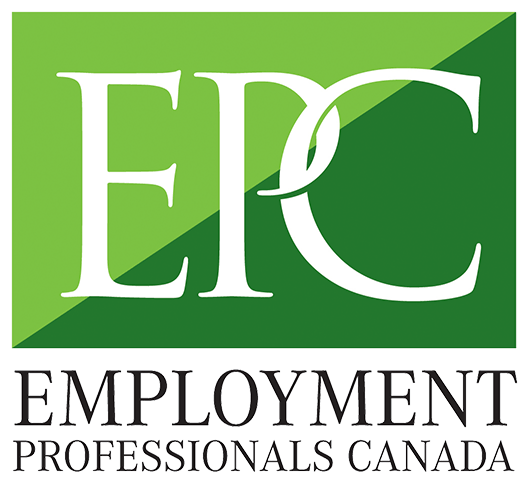More people than you may think take time off from working at some point, for various reasons. If you’re one of them, the best way to explain employment gaps in your resume will depend on your specific situation – and what you did while you were unemployed.
There’s nothing to be ashamed of or to cover up for … Just be honest, be confident, and be ready to explain how ready you are today to take on a new career challenge.
Mind the Gaps – and Explain the Reasons for Them
Here are some factors to keep in mind as you prepare to explain your employment gaps to hiring managers:
- Think about how your “gap activities” were beneficial. You may not have been earning a paycheck, but you gained solid experience relevant to your career path. Volunteer service, community involvement and continuing education all can add to the overall quality of your resume. Remember to emphasize any key areas in which you’ve kept current with your industry.
- Format your resume to minimize gaps. Start by eliminating specific months and just listing the years you held various positions. Use your Objective statement to summarize your goals and top qualities. Consider including a Summary Statement and Career Highlights sections, where you highlight your skills and accomplishments, versus when you did what. You may be able to omit a job or jobs, especially if you’ve been in the workforce for a long time.
- Have an answer ready. Interviewers will want to know why there are gaps in your work history. Be prepared to acknowledge the facts and concisely describe the reasons for these career interruptions. Don’t go into your interview unprepared or hoping the employer will gloss over it. Instead, put a positive spin on your explanation and be ready to respond.
- Be honest. An employment gap is not a surefire reason for an employer to reject you as a candidate. But lying is. If you were laid off or chose to leave a job, let the hiring manager know. Being honest about your situation gives them a sense of your integrity and confidence.
- Be positive. Exude enthusiasm and make a strong case for why your target job would be exciting for you and a perfect fit. Avoid any negativism. For instance, never criticize a former employer, no matter what the circumstances.
- Utilize your cover letter. If you find yourself with employment gaps that don’t easily fit on your resume, use your cover letter to explain them.
A Recruiting Firm Can Help
By working with a professional recruiter, you can get answers to all your job search questions and design the best strategy to realize your short and long-term career goals. To learn more, read our related posts or contact Employment Professionals Canada today. It won’t cost you a dime – and it may be the best decision you make for your future!

